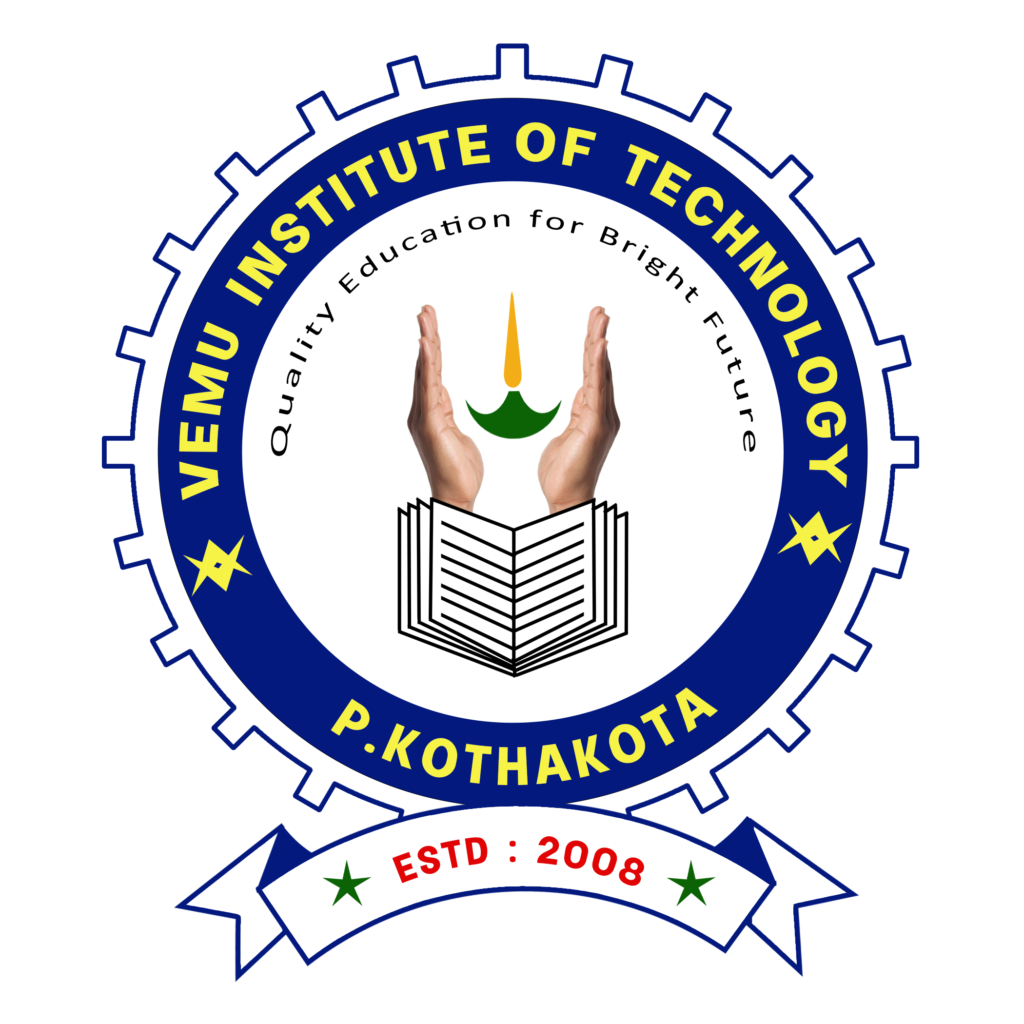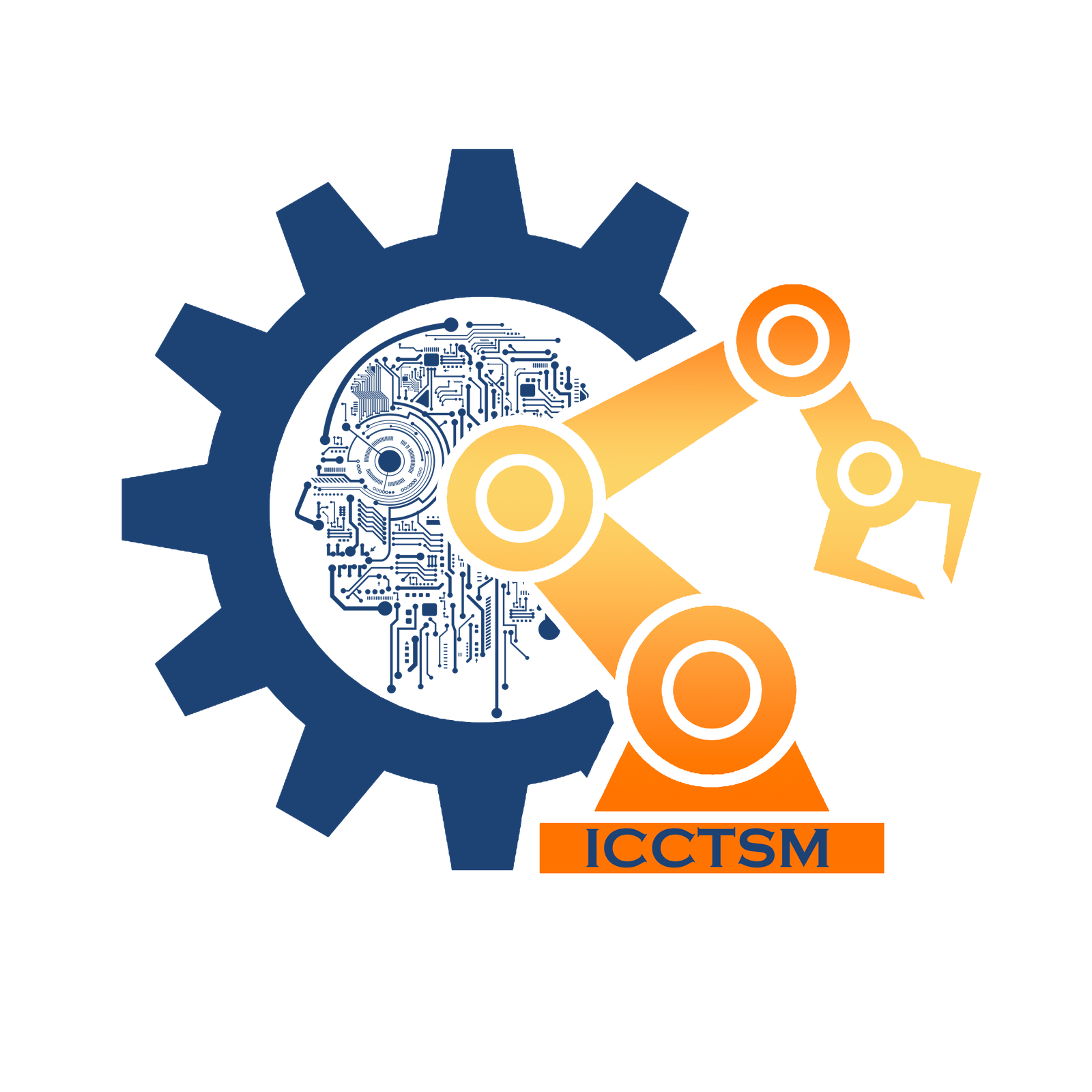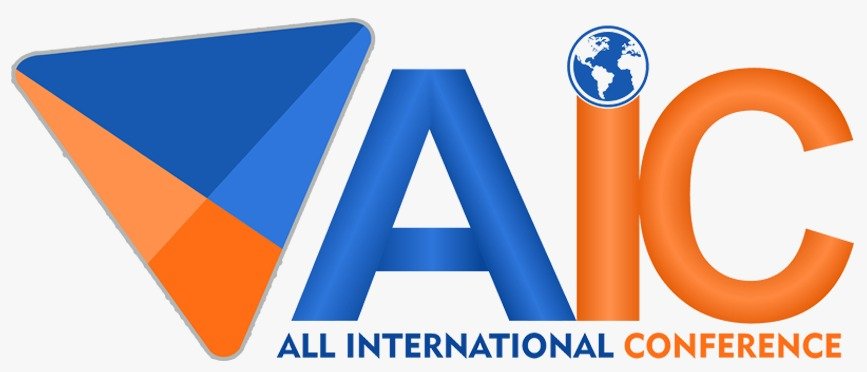CALL FOR PAPERS
Objective
The world of manufacturing is rapidly changing with the advent of new technologies. One of the most significant changes is the integration of computational techniques and smart manufacturing. Computational techniques refer to using software and algorithms to automate processes and make them more efficient. Smart manufacturing, on the other hand, uses data and technology to optimize manufacturing processes.
The conference aims to bring together researchers, industry professionals, and academics to explore advancements in computational methods, IoT integration, and innovative design strategies that are transforming modern manufacturing. The event will focus on cutting-edge technologies such as artificial intelligence (AI), machine learning (ML), digital twins, cyber-physical systems, and smart factory solutions. Key discussions will center around optimizing production efficiency, enhancing predictive maintenance, improving product design through computational modeling, and leveraging IoT for real-time monitoring and data-driven decision-making. The conference seeks to foster collaboration and knowledge-sharing, driving the future of intelligent and sustainable manufacturing.
CONFERENCE SCOPE
We invite high-quality, state-of-the-art, previously unpublished original research papers. The authors may limit their papers to a maximum of 6 pages. The authors will then be invited to submit the final papers based on the reviewers’ recommendations for inclusion in the proceeding. Manuscripts should follow the style of the conference proceedings publisher and are subject to peer review and editing.
TOPICS: Authors are invited to submit a paper, but are not limited to the following:
Track-1: Computational Techniques
- Big Data Analytics in Manufacturing and Logistics
- Blockchain for Manufacturing and Logistics
- Cyber-Physical Production Systems
- Applications of FEA
- Digital Image and Video Processing
- Data Mining and Cloud Computing
- Industrial Engineering Education 4.0
- Network Security
- AI applications in health care systems
- AI in Image fusion technologies
- Optimization Algorithms for sustainable development
Track-2: Design
- Product & Process Design
- Simulation in Production and Logistics
- Computer and Intelligent Communication
- Industrial Automation and Process Control
- Human-Machine Interaction
- Computer Vision and Image Analysis
- VR/AR Applications in Industry
- Modelling and simulation of thermal systems
- Robotics and Automation
- Energy Modelling, Simulation & Optimizations
Track-3: Manufacturing
- Additive Manufacturing
- AI-enhanced Manufacturing
- Autonomous production
- Robotics in Industry
- Manufacturing system and simulation
- Sustainability-oriented production
- Clean and Sustainable Manufacturing Processes
- Smart Materials
- AI in energy storage system
- Smart Energy technologies
- Digital Manufacturing and Smart Systems
- Bioengineering and Tribology
- Advanced Machining processes
- Biofuel and lifecycle
- Precision and Surface Engineering
Track-4: IOT
- Industrial Internet of Things
- Smart and Digital Supply Chains
- Project and Risk Management
- Digital Twins
- Sustainability in IoT, including energy efficiency, water and CO2 footprints, battery-less and biodegradable computing
- Societal impacts and ethical implications of IoT
- Novel IoT applications in industry and society (manufacturing, agriculture, logistics, and disaster response)




